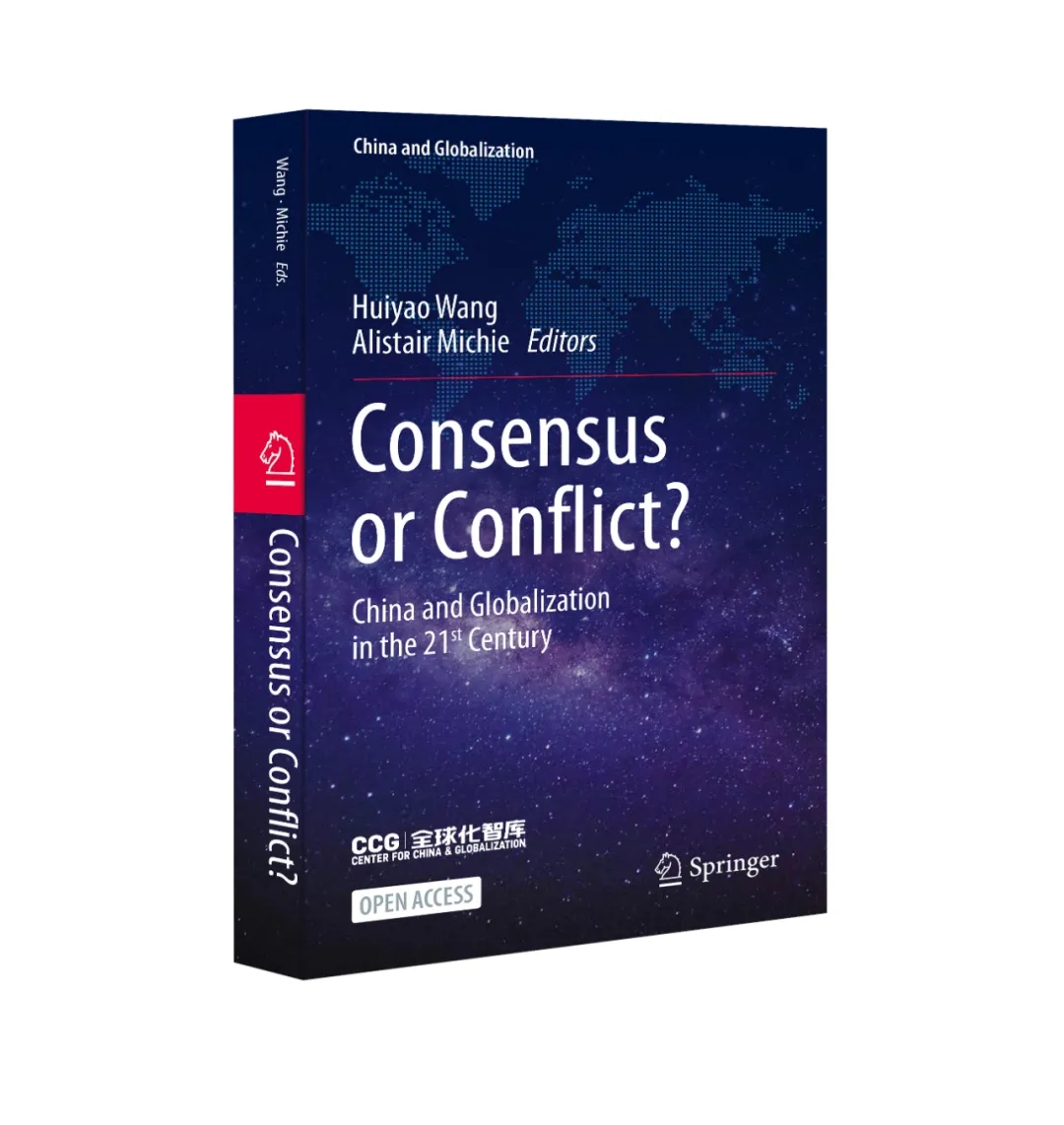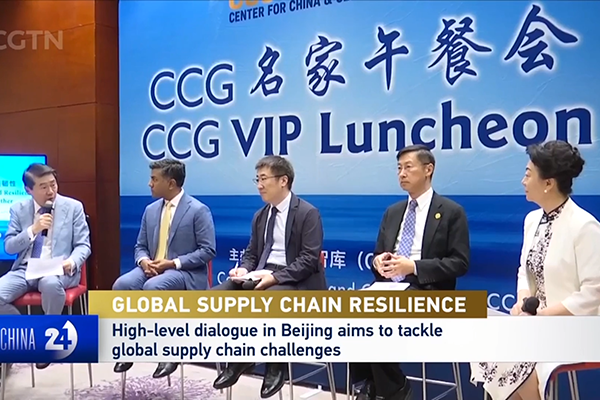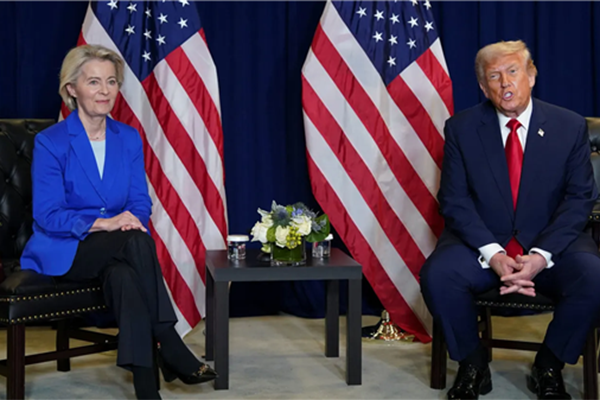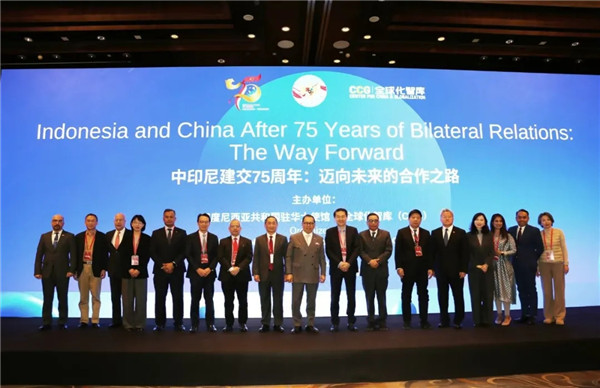【China.org.cn】CCG’s new book offers insights into global governance
October 12 , 2021
The book titled “Consensus or Conflict? China and Globalization in the 21st Century.” [Photo courtesy of CCG]
The open-access book brings together leading international scholars and policymakers to explore the challenges of globalization and governance in an era increasingly defined by economic crises, widespread populism and retreating internationalism.
A total of 38 authors contributed 35 essays classified into seven sections, namely “Policies for Changing the ‘Rules Based World Order,'” “Policies to Create Public Health and Humanitarian Governance Reform,” “Governance to Nurture the Next Generations Through Education, Exchange and Migration,” “Global Governance Trends and Dealing with the Digital and Biosphere Revolutions,” “Global Governance Perspectives from Africa, Asia, North America and Europe,” “Lessons from History for the Next Steps in Global Governance and Trends,” and “‘Soft Power’ in Governance, the Burden of Debt and the Crisis of Communications.”
The 400-page compendium was published by Springer Nature in English and was downloaded some 45,000 times within several days of its online release.
The edited volume is a comprehensive account of two of the most pressing threats facing the international community, William Achauer, editorial director for the business, economics and politics division at Springer Nature, said via video link during the launch ceremony.
Achauer explained that the threats include building a truly global coalition to combat climate change and save the planet, and developing and executing effective public health measures to end the current pandemic and prevent future ones, or at least mitigate them so that lives and livelihoods can be spared across the globe with little disruption to a sustainable world economy.

“In our book, leaders and scholars spell out why these perils pose a stark choice for the human race,” Michie said. “They stress how any path that leads to conflict increases the risk of catastrophe. In this context, the common thread is that a consensus must be reached about the future of our world.”
“Our writers have put forward many ideas and potential new policies, reflecting their vision of what this consensus should be and how it is the only way forward for the human race,” he added.






